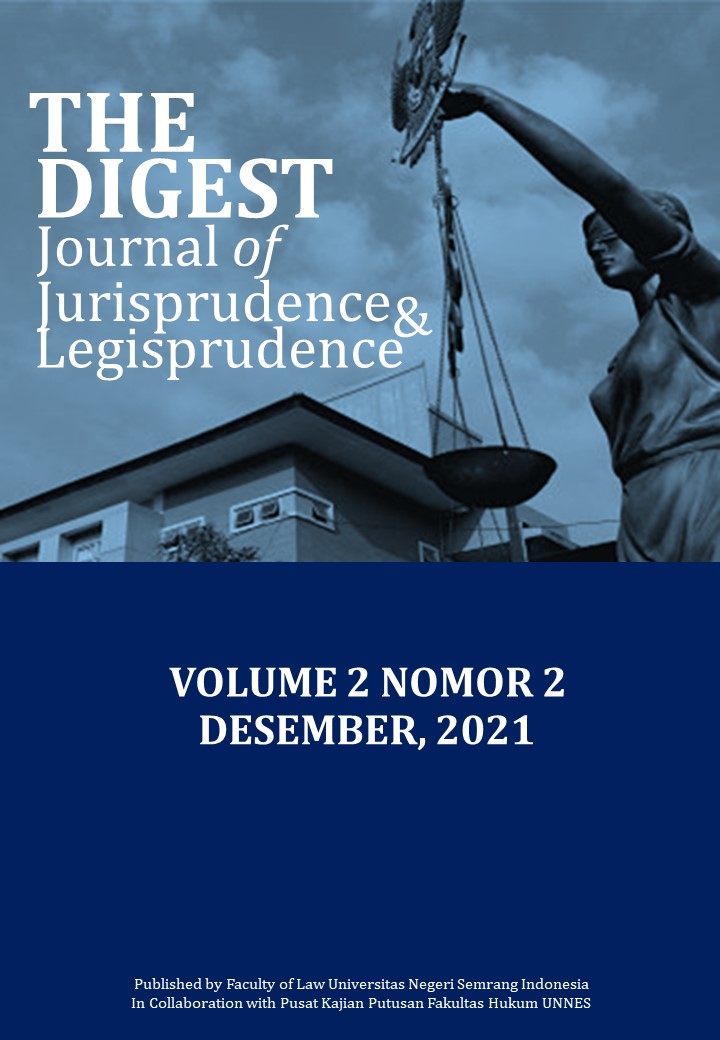Political Crisis and The Politics of Religious Divisiveness in Nigeria’s Fourth Republic
Main Article Content
Abstract
The relationship that exists between politics and religion cannot be over-emphasized in Nigeria polity since the evolution of a sustainable democracy which has heightened the relevance of religion in our society. Religion has been identified as one of the factors that have divided the people of Nigeria who are divided already by many phenomena that are of nature. The diversities engineered by cultures, customs, traditions and values are not as potent as religion in dividing the people, ensuing conflict, creating a paradise for favoritism, generating riot and insurgence. Religious leaders have become force to reckon with in the country, many of them become politicians out of the blues because of their influence on the mindset of their members to decide as regard electioneering activities. However, politics needs to be guided by religion ideally, evidently most policies fabricated, go in line with dogmas of either Christianity or Islam before other indexes may follow. People are better divided by religion. This paper focuses on examining the influence of religion on politics in Nigeria’s fourth republic using the Boko-haram insurgence as the major yardstick to establishing the impacts of religion on the divisive Nigeria.
Article Details
All works published in The Digest: Journal of Jurisprudence and Legisprudence are licensed & copyrighted under a Creative Commons Attribution Attribution-ShareAlike 4.0 International. Under this license, the authors published in The Digest: Journal of Jurisprudence and Legisprudence retain the copyright. All other authors using the content of The Digest: Journal of Jurisprudence and Legisprudence are required to cite the author(s) and publisher in their work.
References
Adebayo R.I. (eds). Religion and Modernity. National Association for the Study of Religions and Education (NASRED).
Akinbade, J.A. (2004) Dictionary of Nigerian Government and Politics. Lagos: Macak Books
Ayorinde, S.A. (2007) “Religion and National Unity” in Folorunsho, M.A. Oyeneye, I.O.E Connecticut: Lawrence Hill & Company.
Halsell, G (1986) Prophecy and Politics: Militant Evangelist on the Road to Nuclear War.
Hank, Eso (2003) “Nigeria: Religion as a Tool of Politics”. http://www.mbuhari.com Ilesanmi, S.O. (2001) “Constitutional Treatment of Religion and the Politics of Human Right in Nigeria”.
Imo, C. (1986) The Study of Religion. University of Jos.
International Journal of Politics and Good Governance Volume VI, No. 6.3 Quarter III 2015 ISSN: 0976 – 1195 12
Jawondo, I.A. (2005) “The Role of Islamic Scholars in Ilorin politics: in Saliu, H.A. (ed). Nigeria
Kukah, M.H (1999) Democracy and Civil Society in Nigeria. Ibadan: Spectrum Books Ltd.
Mazrui, A.A. (1996) “Military Intervention in African Politics”. In Raph Uweche (ed), Africa
McGee, R (1980) Sociology, An Introduction. New York: Holt, Rinehartand Winston. Mukherjee, S & Ramaswamy, S. (2007) A History of Political Thought. Plato to Marx. New
Plc. Kukah, M.H. (1993) Religion, Politics and Power in Northern Nigeria. Ibadan: Spectrum. Books
Today. Third Edition. United Kingdom: Africa Books Limited.
Under Democratic Rule (1999 – 2003) Volume Two. Ibadan: University Press
Yakubu Mohammed, The Guardian Newspaper (pg: 9, August 14, 2019)
